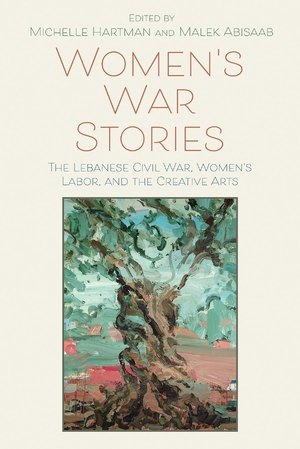"A most insightful analysis of the blurring between war and peace, combatants and civilians in what Karen Levenback aptly terms the evolution of Virginia Woolf's war consciousness."—Lucio Ruotolo, Stanford University
Description
Virginia Woolf was a civilian, a noncombatant during the Great War. Unlike the war poet Wilfred Owen, she had not seen “God through mud.” Yet, although she was remembered by her husband as “the least political animal . . . since Aristotle invented the definition,” and called “an instinctive pacifist” by Alex Zwerdling, her experience and memory of the war became a touchstone against which life itself was measured.
Virginia Woolf and the Great War focuses on Woolf’s war consciousness and how her sensitivity to representations of war in the popular press and authorized histories affected both the development of characters in her fiction and her nonfictional and personal writings. As the seamless history of the prewar world had been replaced by the realities of modem war, Woolf herself understood there was no immunity from its ravages, even for civilians.
Karen L. Levenback’s readings of Mrs. Dalloway, To the Lighthouse, and The Years, in particular—together with her understanding of civilian immunity, the operation of memory in the postwar period, and lexical resistance to accurate representations of war—are profoundly convincing in securing Woolf’s position as a war novelist and thinker whose insights and writings anticipate our most current progressive theories on war’s social effects and continuing presence.
About the Author
Karen L. Levenback teaches at George Washington University. She has has written articles for Woolf Studies Annual, English Literature in Transition, Virginia Woolf Miscellany, Modern Age, The Athenian, and The Milton Quarterly.
6 x 9, 232 pages, focuses on Woolf's war consciousness and how her sensitivity to representations of war in the popular press and authorized histories affected illustrations
May 1999




